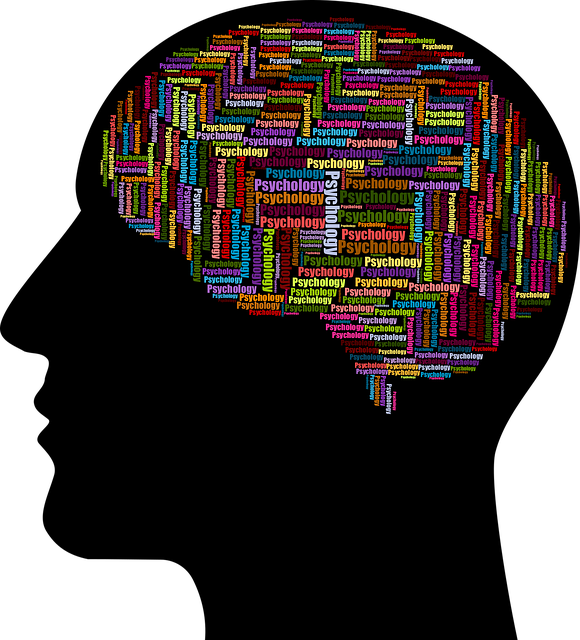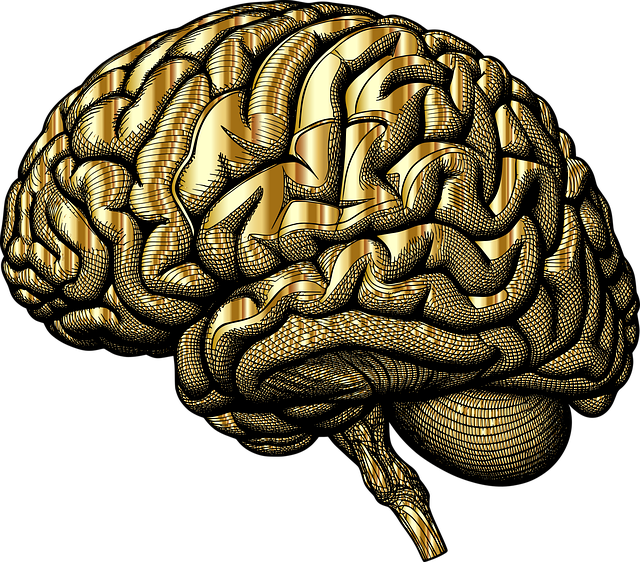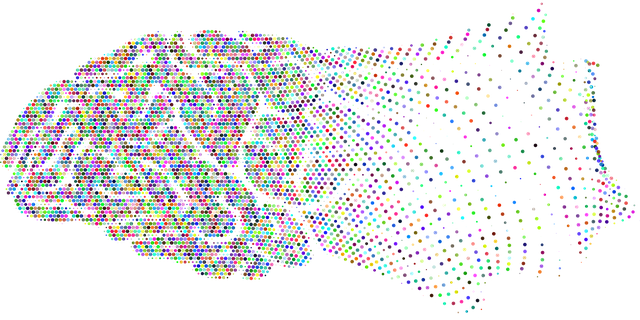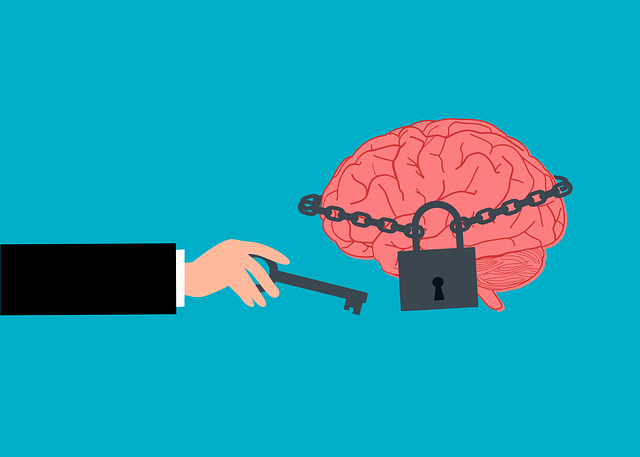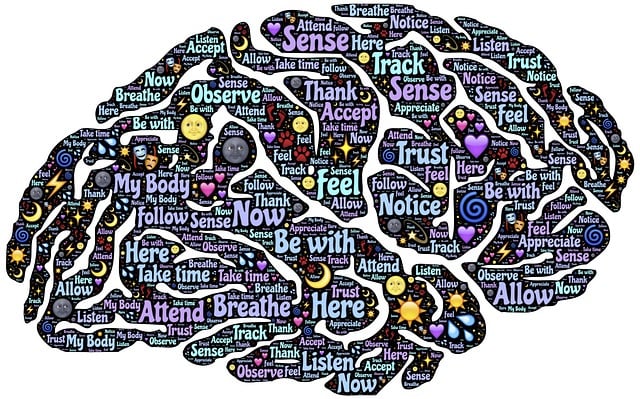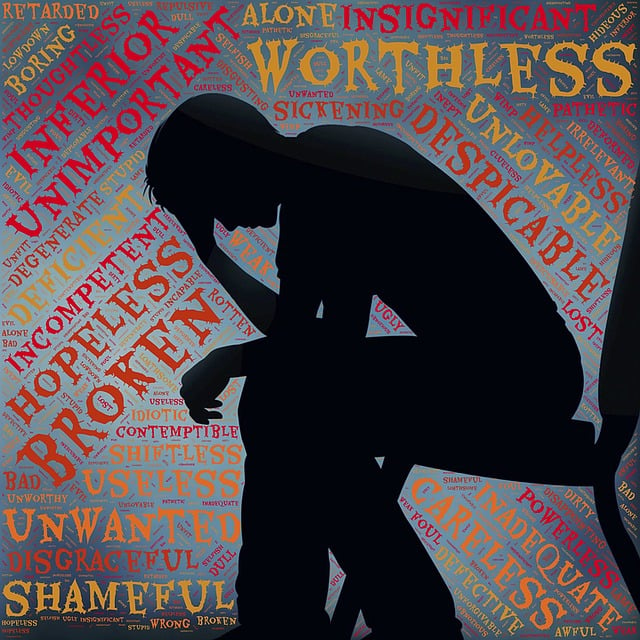Bipolar disorder, characterized by extreme mood swings, requires accurate diagnosis from qualified healthcare professionals using evidence-based methods. Access to Wheat Ridge Bipolar Disorder therapy is vital for emotional healing due to its comprehensive approach, combining evidence-based treatment modalities like CBT with self-care practices. This therapy emphasizes open communication and trust between client and therapist, empowering individuals to manage their condition through tailored strategies, improved coping skills, and holistic self-care routines.
Mental illness diagnosis and navigation through treatment can be challenging, especially for conditions like bipolar disorder. This comprehensive guide aims to demystify the process, offering insights into understanding symptoms, seeking professional assessments, exploring diverse treatment options, building therapeutic relationships, and implementing effective self-care strategies. For those navigating Wheat Ridge Bipolar Disorder Therapy, these resources provide a roadmap to better mental health and well-being.
- Understanding Bipolar Disorder: Symptoms and Diagnosis
- The Importance of Professional Assessment
- Exploring Treatment Options: A Comprehensive Guide
- Navigating Therapy: Building a Supportive Relationship
- Self-Care Strategies for Effective Management
Understanding Bipolar Disorder: Symptoms and Diagnosis

Bipolar Disorder is a mental health condition characterized by extreme mood swings, ranging from intense mania to deep depression. It’s a complex illness that can significantly impact an individual’s daily life and relationships. Understanding the symptoms is crucial for early detection and effective navigation towards appropriate treatment.
The diagnosis process typically involves a comprehensive evaluation by qualified healthcare professionals, including psychiatrists or psychologists. They may utilize standardized questionnaires, clinical interviews, and review personal and family medical history. Key symptoms of Bipolar Disorder include episodes of hypomania or mania, marked by elevated mood, increased energy, and impulsive behavior, alternating with periods of severe depression. A Mental Health Policy Analysis and Advocacy approach can highlight the importance of accessible and accurate diagnosis, ensuring individuals in Wheat Ridge, CO, receive the necessary Bipolar Disorder therapy and support for their emotional healing processes.
The Importance of Professional Assessment

A proper mental illness diagnosis is paramount to effective treatment and recovery. It’s not merely a label; it’s a comprehensive evaluation that identifies specific symptoms, their underlying causes, and severity. This process involves professional assessment by qualified mental health experts who employ evidence-based methods and tools tailored to each individual’s unique circumstances. At centers offering Wheat Ridge Bipolar Disorder Therapy, for instance, specialized therapists utilize advanced risk assessments for mental health professionals, prioritizing patient safety and individualized care.
Accurate diagnosis is hindered by the persistent mental illness stigma, which can discourage individuals from seeking help. However, proactive Mental Illness Stigma Reduction Efforts are making strides in promoting understanding and empathy. Open communication strategies between patients, providers, and loved ones play a crucial role in fostering trust, normalizing conversations about mental health, and ultimately facilitating timely access to appropriate treatment like Wheat Ridge Bipolar Disorder Therapy.
Exploring Treatment Options: A Comprehensive Guide

Exploring Treatment Options offers a comprehensive guide for individuals navigating their mental health journey, specifically focusing on Wheat Ridge Bipolar Disorder Therapy. Understanding various treatment modalities is essential in managing bipolar disorder effectively. This involves a combination of evidence-based practices tailored to individual needs. For instance, cognitive-behavioral therapy (CBT) helps patients identify and change negative thought patterns and behaviors, enhancing emotional regulation skills crucial for managing mood swings.
Additionally, Self-Care Practices play a significant role in supporting long-term recovery. This includes developing healthy routines, such as regular exercise, balanced nutrition, and adequate sleep, which can significantly impact overall mental well-being. Communication Strategies are also vital; openly discussing symptoms, concerns, and treatment preferences with healthcare providers ensures personalized care. Effective communication fosters trust and facilitates the exploration of different therapeutic approaches, ultimately contributing to a successful treatment plan for Wheat Ridge Bipolar Disorder Therapy.
Navigating Therapy: Building a Supportive Relationship

Navigating therapy for mental illness can be a daunting task, but building a supportive relationship with your therapist is essential for effective treatment. At Wheat Ridge Bipolar Disorder Therapy, we emphasize the importance of open communication and trust between client and therapist. This partnership allows individuals to explore their thoughts and emotions in a safe space, fostering understanding and growth. Therapists skilled in Mind Over Matter principles guide clients through this process, helping them develop self-care practices tailored to their unique needs.
Through regular sessions, individuals can learn coping strategies, gain insights into their mental health condition, and work towards improving overall mental wellness. Our programs focus on empowering patients to take control of their lives by providing the tools needed for long-term success. By prioritizing a supportive relationship and evidence-based techniques, we aim to enhance the therapeutic experience, ensuring individuals feel heard, understood, and supported throughout their mental health journey.
Self-Care Strategies for Effective Management

Managing mental illness is a holistic process that involves more than just professional treatment. Self-care strategies play a pivotal role in the effective management of conditions like bipolar disorder, offering individuals tools to navigate their daily lives with greater ease and resilience. Simple yet powerful practices such as regular exercise, mindful meditation, and maintaining a balanced diet can significantly reduce symptoms and improve overall well-being. Engaging in activities that bring joy and relaxation, setting realistic boundaries, and prioritizing quality sleep are essential self-care components, fostering an environment conducive to recovery.
Wheat Ridge Bipolar Disorder Therapy benefits immensely from integrated self-care routines. By adopting stress reduction methods tailored to their unique needs, individuals can better manage mood swings and emotional intensity. Public awareness campaigns aimed at destigmatizing mental health issues and promoting cultural sensitivity in mental healthcare practice further empower those affected to seek help and engage in proactive self-care. These strategies not only enhance the effectiveness of treatment but also foster a sense of empowerment, encouraging individuals to take an active role in their mental health journey.
Mental illness, especially bipolar disorder, requires understanding and effective navigation. By recognizing symptoms and seeking professional assessment, individuals can receive accurate diagnoses, leading to tailored treatment plans. Exploring various therapy options, building supportive relationships, and implementing self-care strategies are pivotal for managing bipolar disorder. For those in Wheat Ridge, accessing specialized Bipolar Disorder Therapy offers a transformative path to stability and improved quality of life.


